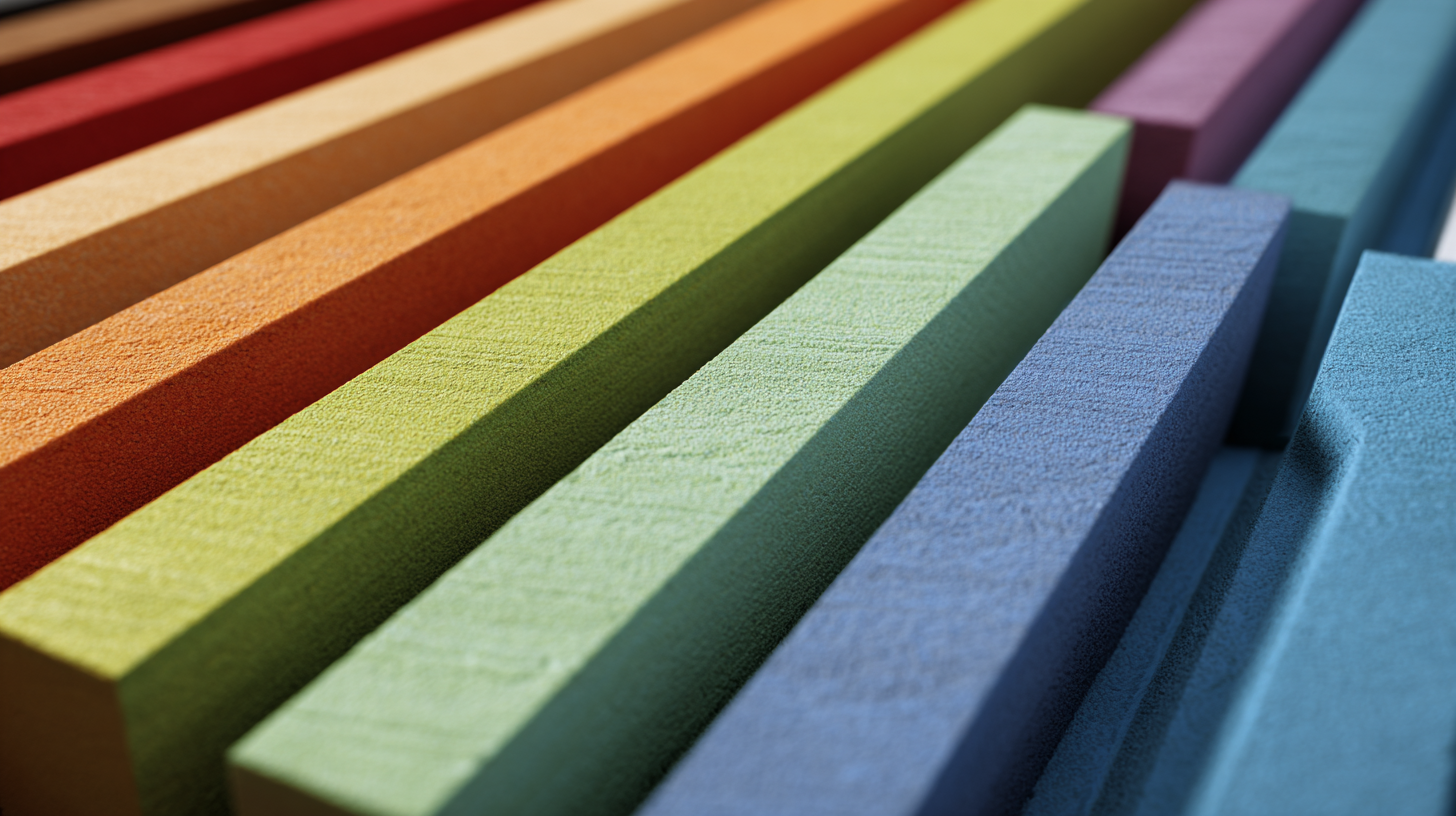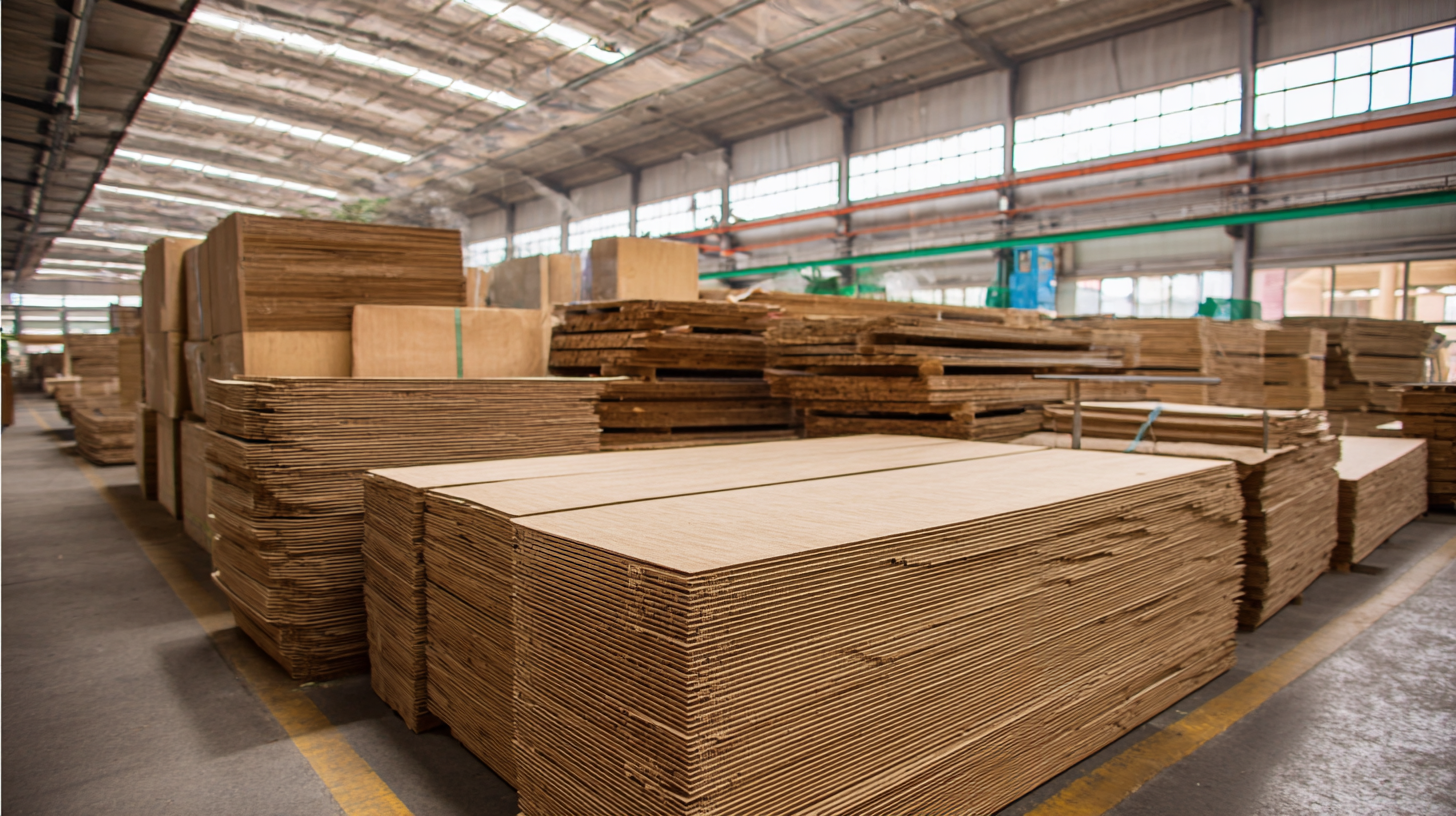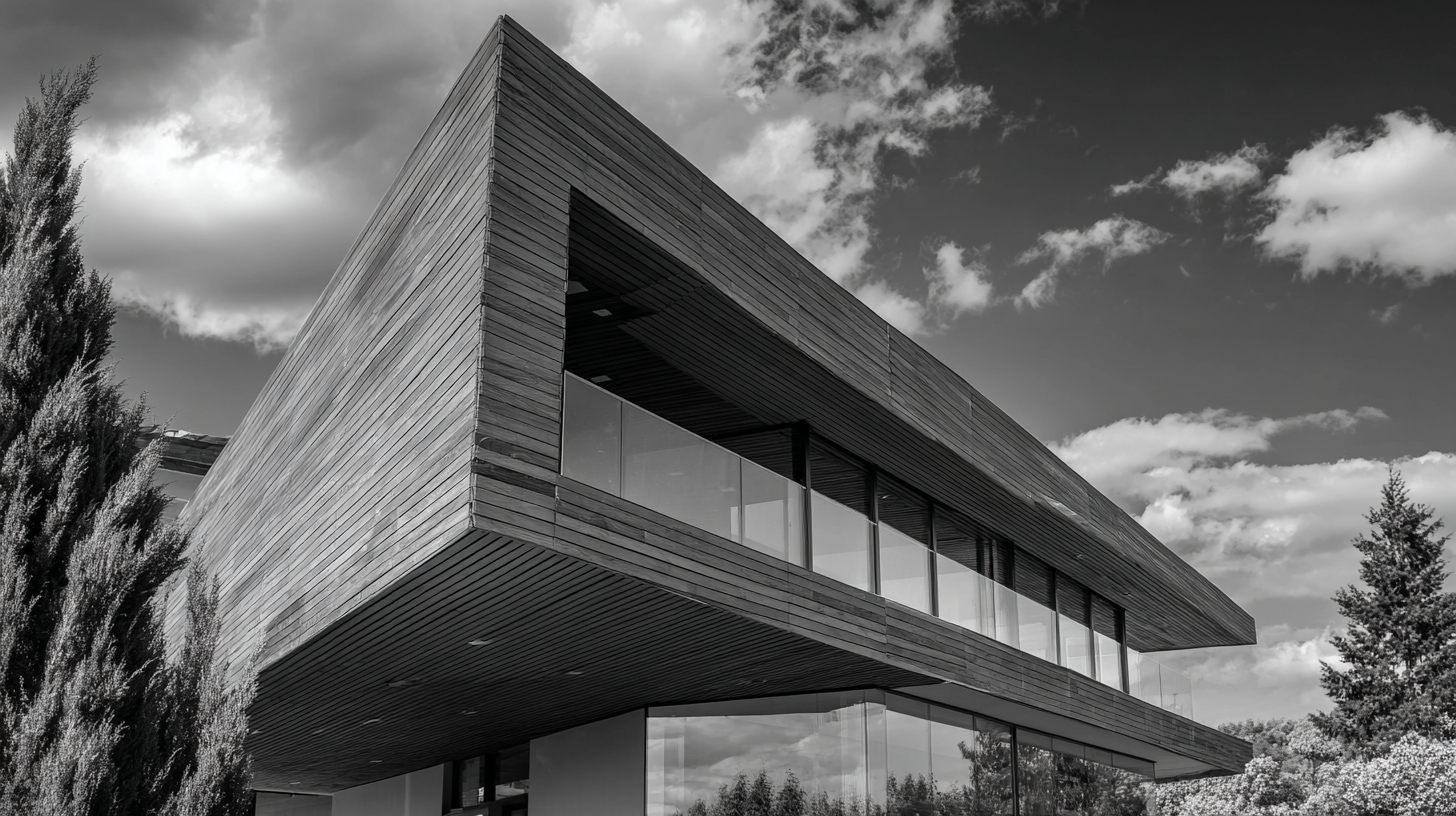Leave Your Message
In recent years, the demand for Wpc Fluted Panels has surged significantly, owing to their remarkable properties such as durability, low maintenance, and aesthetic appeal. According to a market research report by Technavio, the global WPC (Wood Plastic Composite) market is expected to grow by 12% annually, highlighting the increasing preference for these innovative materials in various sectors, including construction and interior design. As businesses increasingly prioritize sustainable solutions, Wpc Fluted Panels stand out as a versatile option that not only enhances the visual appeal of spaces but also aligns with eco-friendly practices. This ultimate guide aims to navigate the complexities of sourcing the best Wpc Fluted Panels tailored to specific business needs, emphasizing crucial comparisons among various offerings to ensure informed decision-making.

When sourcing WPC fluted panels for your business, understanding their key characteristics is essential to making an informed decision. WPC, or Wood-Plastic Composite, combines the natural properties of wood with the durability of plastic, resulting in a versatile material that boasts several advantages. One of the most notable features of WPC fluted panels is their resistance to moisture and insects, making them an excellent choice for both indoor and outdoor applications. This durability ensures longevity and reduces maintenance costs over time.
Another critical characteristic of WPC fluted panels is their aesthetic appeal. Available in a variety of colors, finishes, and textures, these panels can enhance the visual aspects of any space. The fluted design adds a sophisticated look while providing functional benefits such as improved rigidity and structural strength. Additionally, WPC panels are eco-friendly, as they are made from recycled materials, allowing businesses to stay aligned with sustainable practices. By focusing on these attributes, businesses can effectively choose WPC fluted panels that meet their specific needs while contributing to a more sustainable future.
When selecting WPC fluted panels for your business needs, understanding the distinct types available is crucial. The primary types include Polyvinyl Chloride (PVC), Polypropylene (PP), and Polyethylene (PE). PVC panels are widely recognized for their durability and resistance to moisture, making them ideal for infrastructure applications and outdoor settings. In contrast, PP panels are appreciated for their lightweight nature and excellent chemical resistance, particularly suitable for various construction materials. PE, being a versatile option, is often utilized in both industrial and residential applications due to its flexibility and ease of installation.
Regional insights indicate a growing trend in the demand for WPC fluted panels across various industries. In North America and Europe, the focus on sustainable building materials drives the popularity of PVC and PE panels. Meanwhile, the Asia-Pacific region is witnessing a surge in infrastructure development, propelling the use of PP panels in construction projects. These insights suggest a continuous evolution in the WPC market, influenced by regional industrial needs and advancements in material technology. As businesses assess their options, considering the unique features and applications of each panel type will ensure they meet their specific requirements effectively.
WPC fluted panels, made from wood-plastic composites, have gained significant traction across various industries due to their exceptional durability and aesthetic appeal. In the construction sector, they are increasingly utilized for interior wall cladding and exterior facades, providing a modern look while also offering weather resistance. Their versatility allows architects and designers to incorporate them into diverse architectural styles, making them a preferred choice for both residential and commercial projects.
Beyond construction, WPC fluted panels have found applications in the furniture industry. They are used in creating stylish, eco-friendly furniture pieces that combine functionality with contemporary design. Additionally, their easy maintenance and resistance to moisture make them ideal for kitchen and bathroom environments. Retail spaces also benefit from WPC fluted panels, which can be used in display fixtures and signage, enhancing the overall customer experience with sleek and attractive designs.

When it comes to selecting the right WPC fluted panel for your specific business needs, it is essential to consider various factors that align with your objectives. WPC, or Wood Plastic Composite, has gained immense popularity for its blend of durability and aesthetic appeal. This multifunctional material is ideal for various applications, including outdoor flooring, offering resistance to rust, water, and harsh weather conditions. Businesses that prioritize low maintenance will find WPC fluted panels advantageous due to their easy installation and upkeep.

Additionally, understanding the environment in which the panels will be used is crucial. For instance, if your business requires panels for outdoor patios, ensuring that the WPC fluted panels offer excellent anti-corrosion properties can significantly extend their lifespan. Aesthetic choices also play a role; selecting a design that complements your overall branding can enhance the visual appeal of your space while meeting functional requirements. By focusing on durability, weather resistance, and design compatibility, you can confidently choose the best WPC fluted panel tailored to your specific business needs.
When considering WPC (Wood Plastic Composite) fluted panels for your business needs, it’s essential to evaluate how they stack up against alternative materials such as traditional wood, PVC, and metal. WPC panels offer a unique blend of durability and aesthetic appeal. One of the significant advantages of WPC is its resistance to moisture, rot, and insects, making it ideal for outdoor and high-humidity settings. Additionally, these panels require minimal maintenance compared to wood, which often needs regular sealing and painting to maintain its look and durability.
On the other hand, traditional wood can offer unparalleled visual warmth and charm but comes with limitations in durability and longevity. PVC might present a cost-effective solution in terms of pricing and maintenance efforts; however, it lacks the natural feel that WPC provides. Metal panels are robust but can be prone to rust unless properly treated, which can introduce higher long-term maintenance costs. Understanding these pros and cons is crucial for making an informed decision tailored to the specific requirements of your business.

